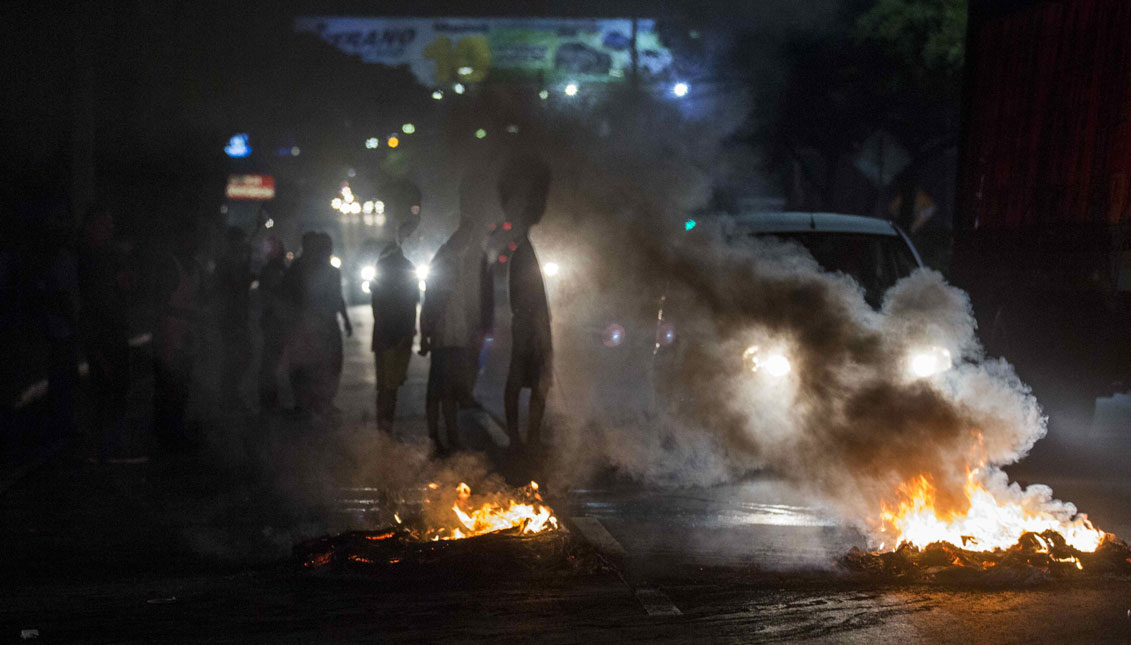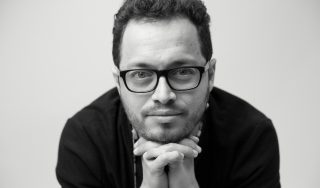
Nicaragua: 83 dead in 43 days of protest
Since mid-April, the Central American country has suffered violence and repression at the hands of security agents of President Daniel Ortega’s administration.
It’s been 43 days of protest, 83 deaths, hundreds of people wounded and millions of Nicaraguans asking themselves the same question: What is the way out?
As reported by AL DÍA a few weeks ago, at the beginning of April a group of students and elderly people took to the streets of the main cities of Nicaragua to protest against the reform of the pension system that President Daniel Ortega decreed as a desperate measure to save the Nicaraguan Social Security Institute (INSS) from bankruptcy.
On April 18, groups related to the government responded with violence against one of the protests and since then it has been hell in the Central American country.
Workers, retired people, businessmen, farmers, indigenous people, mothers and even disillusioned Sandinistas have staged a month and a half of protests that, though successful in forcing the government to reverse the measure, have been ineffective in curbing the violent repression.
According to an Amnesty International report, as of May 29, 83 people had been killed and hundreds wounded, most of them presumably by state agents or para-police.
RELATED CONTENT
A considerable portion of the deaths have come from those involved in the student movement. The students are demanding not only an end to the repression, but also the resignation of Ortega and his wife, Rosario Murillo.
[node:field_slideshow]
According to AI, "there are reasons to believe that the Nicaraguan authorities, even the highest members, implemented and maintained a strategy of repression, sometimes intentionally lethal, throughout the weeks of protest."
Among the repression actions, Amnesty International highlighted the launching of a strategy that combines denial and stigmatization of the demonstration sectors with the excessive use of force by the National Police - and lethal, by vigilante groups - "in order to expand the repressive capacity and operate more easily outside the law.”
The organization also denounced "possible acts of concealment and obstruction" of judicial investigations as well as "the denial of medical care in public hospitals and attempts to control the press in order to hide reality and limit freedom of expression."
Although there is a national dialogue and negotiation in which different social, business, religious and political sectors of the country are working to find a peaceful solution to the growing conflict, the truth remains that Nicaragua has already revived the worst chapters in its history in the past month.











LEAVE A COMMENT: